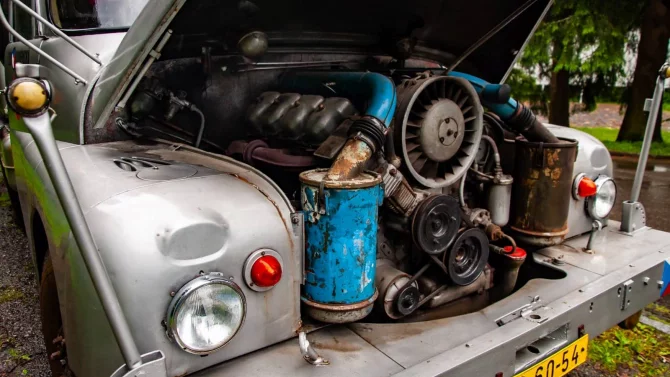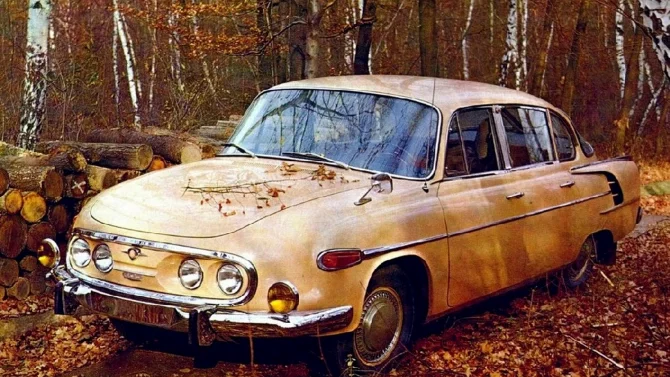...
By Alan Crosby
Czech President Vaclav Klaus said on Monday he would name a new government led by rightist Prime Minister Mirek Topolanek though it is unclear whether he has the support to win a parliamentary confidence vote.
Topolanek has formed a three-party coalition with the centrist Christian Democrats, the Green Party and his own rightist Civic Democrats.
But the grouping has only 100 seats in the 200-seat parliament, while leftists also control 100 seats, the results of an inconclusive election last June.
Klaus had been reluctant to appoint the government, saying it would not be stable since it must rely on the vote of at least one rebel deputy from the left. But on Monday he said in a statement he would do so on Tuesday at 11:00 a.m. (1000 GMT).
The constitution calls for a confidence vote to be held within 30 days of a government being named, but Topolanek told a news conference on Monday he would move faster.
"We will certainly not wait 30 days with a request for a confidence vote in parliament. It will be done within a shorter period, reflecting the speed of negotiations which will be needed," he said.
Key to his chances of winning the confidence vote will be two deputies who have left the leftist Social Democrat parliamentary club to sit as independents.
Topolanek said he will also start talks with the Social Democrats, although they have rejected supporting the coalition.
"I will transparently seek confidence for the government, first in the leadership of the Social Democrats. And in case that fails, I will then seek it among individual deputies," Topolanek said.
Neither of the deputies -- Michal Pohanka and Milos Melcak -- were immediately available to comment on whether they planned to support the government, or abstain from voting, which would be enough to give Topolanek the simple majority of those present in the lower house to win the vote.
"This could prove a tough job," said analyst Pavel Sobisek.
Social Democrat leader Jiri Paroubek said last week that Pohanka was going to rejoin the parliamentary club, though Pohanka himself has not confirmed this.
Melcak, seen as being strongly leftist, said recently he was disappointed in the proposed government programme and could not see supporting it without changes.
SLOWING REFORMS
Klaus was under no time frame to name a new cabinet, but investors and industrial leaders have been concerned the stalemate could drag out and slow the implementation of economic reforms in healthcare, public spending and pensions.
The Czechs have already been forced to abandon their 2010 euro adoption target during the political crisis, and the chance of quickly enacting reforms with such a split parliament and weak government are seen as low.
"The long-term political stalemate makes it more difficult for fiscal reforms and the adoption of the euro," said Silja Sepping, an economist at Lehman Brothers.
If Topolanek's administration fails to win a confidence vote -- he has already failed once with a different government line-up -- it will be up to the parliamentary speaker to choose a third prime minister.
The current Social Democrat speaker, however, has pledged to step down before the third attempt, and electing a new one may be difficult in the hung parliament unless there is a wider deal among the main parties. If three successive attempts to form a government fail, the president can call early elections.
[PRAGUE/Reuters/Finance.cz]




 Elektromobil jako ojetinu nikdo nechce. Velký český autobazar skončil s jejich nákupem i prodejem
Elektromobil jako ojetinu nikdo nechce. Velký český autobazar skončil s jejich nákupem i prodejem
 Youtubeři zkoušeli, jestli nastartují Tatru 138 odstavenou osmnáct let. Výsledek nikoho nepřekvapí
Youtubeři zkoušeli, jestli nastartují Tatru 138 odstavenou osmnáct let. Výsledek nikoho nepřekvapí
 Test Hyundai Santa Fe 1,6 T-GDI Hybrid: má recept na úspěch i bez naftového motoru?
Test Hyundai Santa Fe 1,6 T-GDI Hybrid: má recept na úspěch i bez naftového motoru?
 Povinnosti účastníků provozu účastníky provozu mnohdy zaskočí. Dnešní kvíz prověří, jestli své povinnosti znáte
Povinnosti účastníků provozu účastníky provozu mnohdy zaskočí. Dnešní kvíz prověří, jestli své povinnosti znáte
 „Přišel pěšky, odjel vlastním vozem“: slogan autobazarů měl charakterizovat prodeje ojetin v Československu
„Přišel pěšky, odjel vlastním vozem“: slogan autobazarů měl charakterizovat prodeje ojetin v Československu
